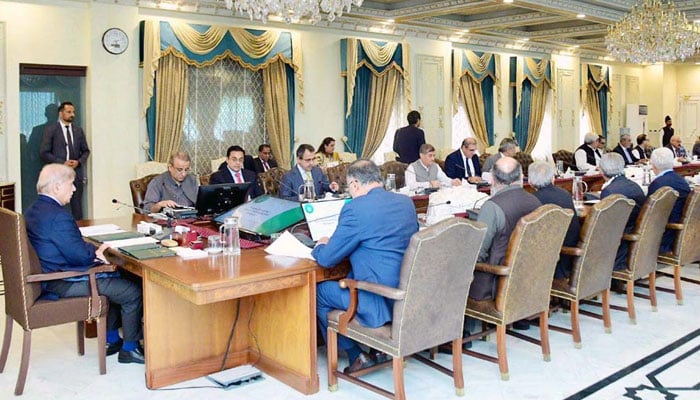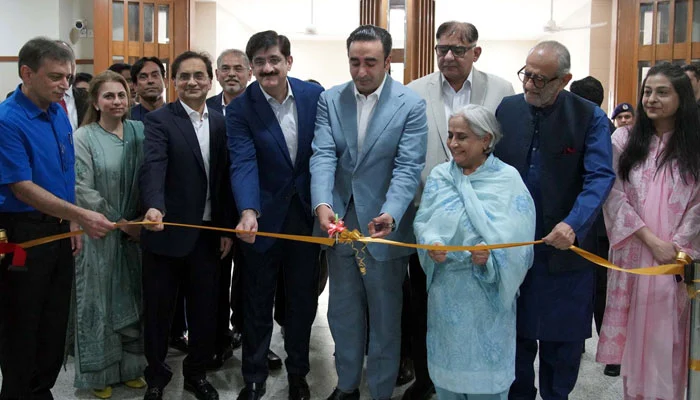Pakistan’s financial challenges continue as the country has yet to secure the necessary external financing gap of $3 to $5 billion, even five weeks after reaching a staff-level agreement with the International Monetary Fund (IMF) for a new bailout package under the Extended Fund Facility (EFF).
Due to this unresolved financing issue, Pakistan has not yet signed the Letter of Intent (LoI) required to formally request the IMF’s executive board to approve the $7 billion under the 37-month EFF program. The finance minister and the State Bank of Pakistan governor are expected to sign the LoI on behalf of the government. However, this crucial step remains pending, delaying the submission to the IMF’s executive board.
The IMF has released its agenda for the executive board’s scheduled meetings, and Pakistan is not listed among the countries whose loan requests will be considered until at least August 28, 2024. The absence of Pakistan from the agenda highlights the ongoing struggle to meet the external financing assurances required by the IMF.
Federal Minister for Finance and Revenues, Mohammad Aurangzeb, provided a brief update, stating, “We are making good progress towards getting the board approval in September.” This indicates that the government is hopeful for a resolution, albeit delayed, to secure the much-needed financial support.
The staff-level agreement between Pakistan and the IMF was reached on July 12, 2024, with the expectation that Pakistan’s request would be considered by the IMF’s executive board within four to six weeks. However, the IMF had clearly stated that the agreement was contingent upon the timely confirmation of necessary financing assurances from Pakistan’s development and bilateral partners.
Pakistan faces a daunting task of repaying $26.2 billion in external debt during the fiscal year 2024-25. Of this amount, $12.3 billion is expected to be rolled over, with commitments from key partners like Saudi Arabia, China, and the UAE to extend the rollover for a one-year period, despite the government’s preference for a three-year rollover.
The delay in securing these financial assurances continues to hinder Pakistan’s ability to move forward with the IMF’s bailout package, leaving the country’s economic situation in a state of uncertainty as it navigates its debt obligations and seeks external support.




